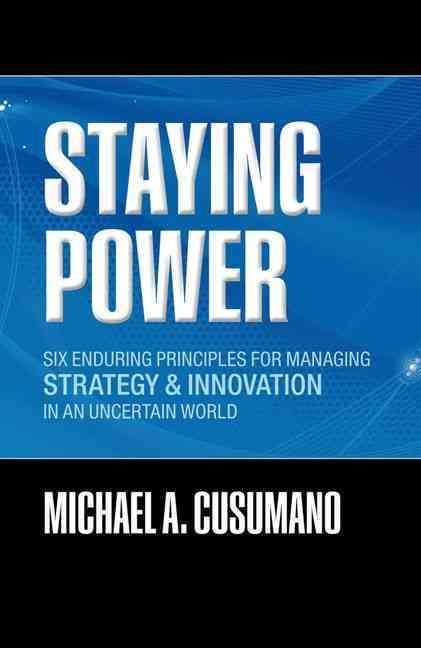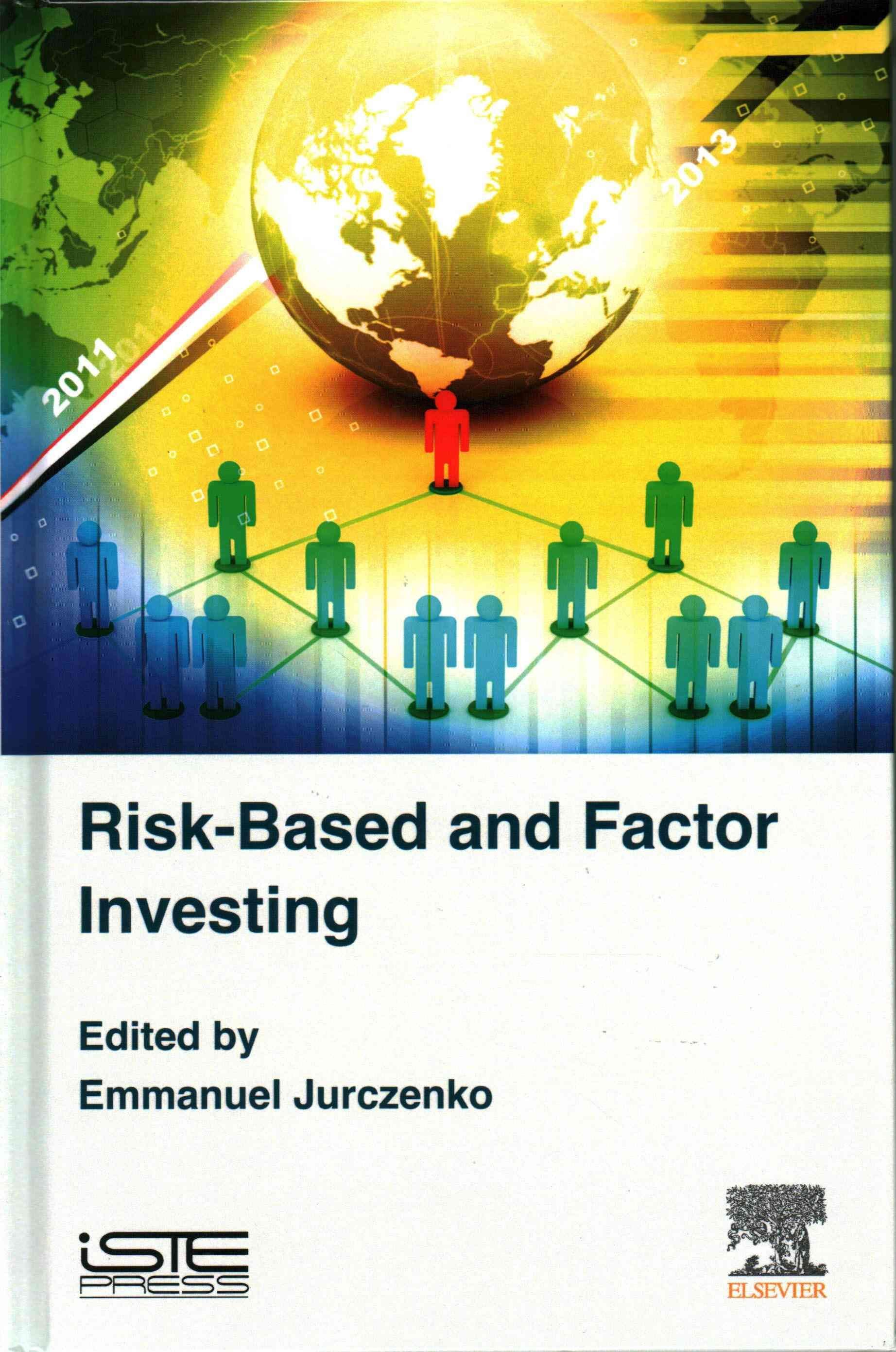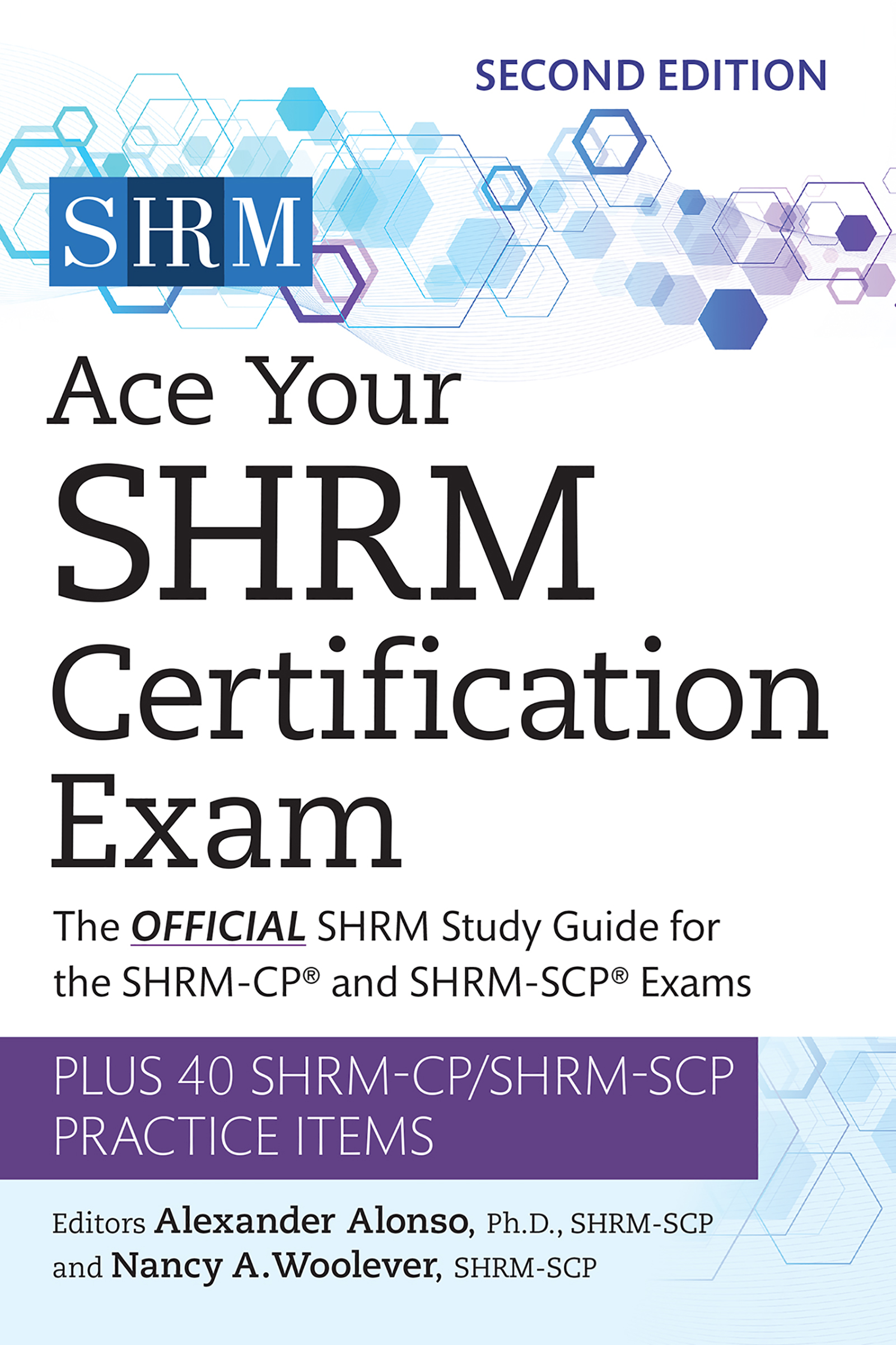This book reviews the current status of semiconductor materials for conversion of sunlight to electricity, and highlights advances in both basic science and manufacturing. Photovoltaic (PV) solar electric technology will be a significant contributor to world energy supplies when reliable, efficient PV power products are manufactured in large volumes at low cost. Expert chapters cover the full range of semiconductor materials for solar-to-electricity conversion, from crystalline silicon and amorphous silicon to cadmium telluride, copper indium gallium sulfide selenides, dye sensitized solar cells, organic solar cells, and environmentally friendly copper zinc tin sulfide selenides. The latest methods for synthesis and characterization of solar cell materials are described, together with techniques for measuring solar cell efficiency. Semiconductor Materials for Solar Photovoltaic Cells presents the current state of the art as well as key details about future strategies to increase the efficiency and reduce costs, with particular focus on how to reduce the gap between laboratory scale efficiency and commercial module efficiency. This book will aid materials scientists and engineers in identifying research priorities to fulfill energy needs, and will also enable researchers to understand novel semiconductor materials that are emerging in the solar market. This integrated approach also gives science and engineering students a sense of the excitement and relevance of materials science in the development of novel semiconductor materials. · Provides a comprehensive introduction to solar PV cell materials · Reviews current and future status of solar cells with respect to cost and efficiency · Covers the full range of solar cell materials, from silicon and thin films to dye sensitized and organic solar cells · Offers an in-depth account of the semiconductor material strategies and directions for further research · Features detailed tables on the world leaders in efficiency demonstrations · Edited by scientists with experience in both research and industry












